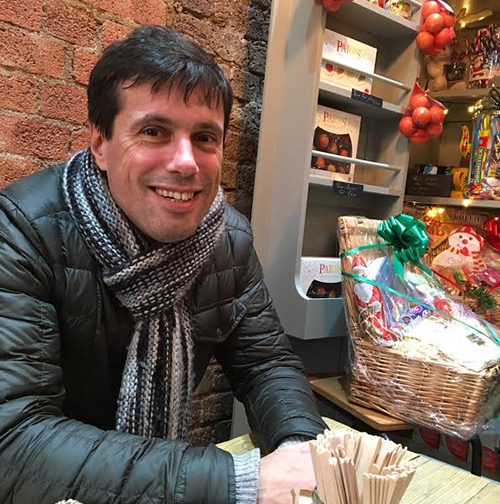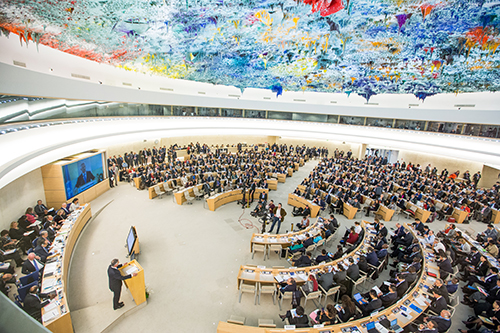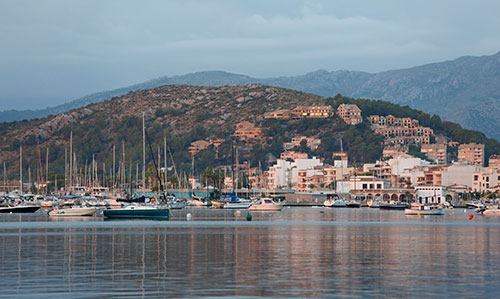Guest Blogs
Knowitall.ch often invites local experts in their field to contribute to their own blogs on our site. This means not only you will benefit from the useful recommendations that we make on our News pages, but you can also profit from some of the great advice and tips that these experts have to make on their favorite subjects. Whilst each of these bloggers has been recommended to us at some point during the evolution of Know-it-all passport and knowitall.ch, obviously we are not able to test out all the suggestions they make on their blogs, nor do we necessarily agree with all their opinions. So if you do find one of their tips useful (or not!), do let us know!
To make these blogs more accessible to you, we have now decided to group them altogether in one section, entitled Guest Blogs, accessible from our main menu bar. We will also post the most recent blogs on the home page of our site in the right hand column.
We are still building up this area of the site, and are looking for bloggers in a number of sections, including Your Home, Travel, and Leisure, so if you feel you have a useful contribution to make in either of these areas, and have the time to submit blog entries approximately every month, then please get in touch!

By Robert Harris, Forth Capital
During last week’s budget, the UK Chancellor of the Exchequer announced changes surrounding the transfer of UK pensions to overseas schemes, which could affect anyone who has previously worked in the UK.
Effective immediately, if you are a non UK resident wishing to transfer your UK pension into a Qualifying Recognised Overseas Pension Scheme (QROPS), a transfer tax of 25% will be levied on the transfer unless at least one of five tests can be passed. These tests are:
- Both the member and the QROPS are in the same country after the transfer
- The QROPS is based in the EEA and the member is resident in another EEA country after the transfer
- The QROPS is an occupational pension scheme sponsored by the member’s employer
- The QROPS is an overseas public service pension scheme and the member is employed by one of the employers participating in the scheme
The QROPS is a pension scheme established by an international organisation to provide benefits in respect of past service and the member is employed by that international organisation.
If you have already transferred your UK pension into a QROPS you will not be affected by this change.

By Sunita Sehmi, Walk The Talk
Frederik Van Lierde wants to create an easy solution for users to find a perfect gift for the people they love and have more time to spend with them.
He also wants to create an easy solution for businesses to connect with existing and future customers so they can grow their business and have more time to spend with their customers.
He has reached this goal, by using the latest available technology in a smart way and by putting the customer and his/her branding at the core of his/her own business.
More importantly, Frederik and his team are committed to creating the easiest, fastest, and safest experience for offering the right gift, anywhere in the world.
I was fortunate enough to talk to him about his business, Gift Voucher Kiosk - prepare to be amazed!

Photo credit: © UN photo / Elma Okic
By Claire Doole, Claire Doole Communications
I am watching closely as the 34th session of the UN Human Rights Council starts in Geneva. I am hoping that some of the diplomats I trained recently in public speaking for the UN Institute for Training and Research (http://unitar.org) are going to read their statements with impact.
As a former BBC Geneva correspondent I used to cover the Council and despair of finding a clip that I could use of a diplomat who was sounding natural and looking confident. Most of them would read their statements looking down at their text and in a monotonous tone.
I accept that sometimes diplomats don’t want to draw attention to their statements or at least not find themselves on the BBC news. However, often, on an issue as important as human rights, they do want to stand out and make their voices heard.
So, what are the techniques for making sure that when you read a prepared text such as a speech or a statement, people sit up and listen? By the way, these tips apply whether you are a diplomat or not!
One of the best ways to project confidence when speaking in public is to follow a technique mastered by some of the great public speakers – Ronald Reagan, Franklin Roosevelt, Winston Churchill.
They all managed to read a speech, sounding conversational and unscripted, using a technique known as “See-Stop-Say”.

By Hiba Giacoletto, Wiser Humans
Connection is why we're here; it is what gives purpose and meaning to our lives. - Brené Brown
A few months ago, my 11 year marriage broke-up.
Like all humans, I need connection. I crave connection. I can’t live without connection.
Learning to be just me after 15 years of being a couple, I needed to redefine connection.
I had heard Barbara Fredrickson speak about her research on Love 2.0 at a conference and I really related to her way of reframing love.
Her idea is that love is about so much more than romantic connections.

Port de Pollença
By Rachel Beacher, Journalist
Flight bookings have just opened for this autumn and winter 2017/18. For people planning how to spend the colder months, where better than a picturesque Mallorcan port?
'Everyone – the English, the Americans – they all came to Mallorca in the winter.'
So observed the thriller writer Agatha Christie in 1935 in her short story 'Problem at Pollensa Bay'. Indeed, at the time, the major towns of Mallorca were so busy that the author's hero sought refuge towards the less popular north east coast of the island and by chance came across a pretty and bohemian bolthole – Port de Pollença.
I visited Port de Pollença during those pesky school holidays in October, when the weather is usually failing in Vaud and it is still many months until ski season.
I found it to be enduringly enchanting and unmistakably recognisable from Christie's pre-war portrait.
She describes how a private detective, attempting to escape from his work and from the bothersomeness of people in general, falls in love immediately with 'a small hotel standing on the edge of the sea looking out over a view that in the misty haze of a fine morning had the exquisite vagueness of a Japanese print.'






